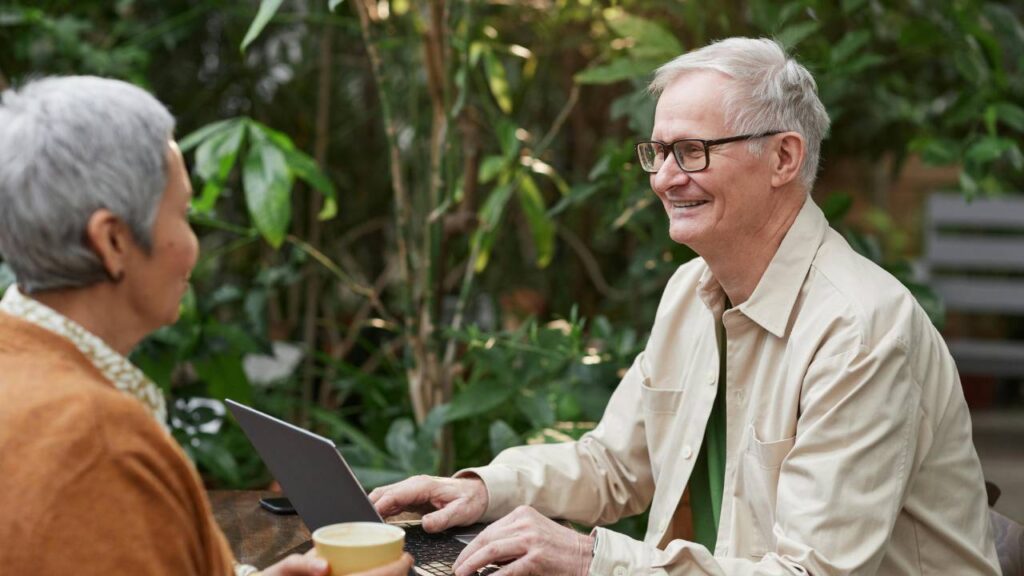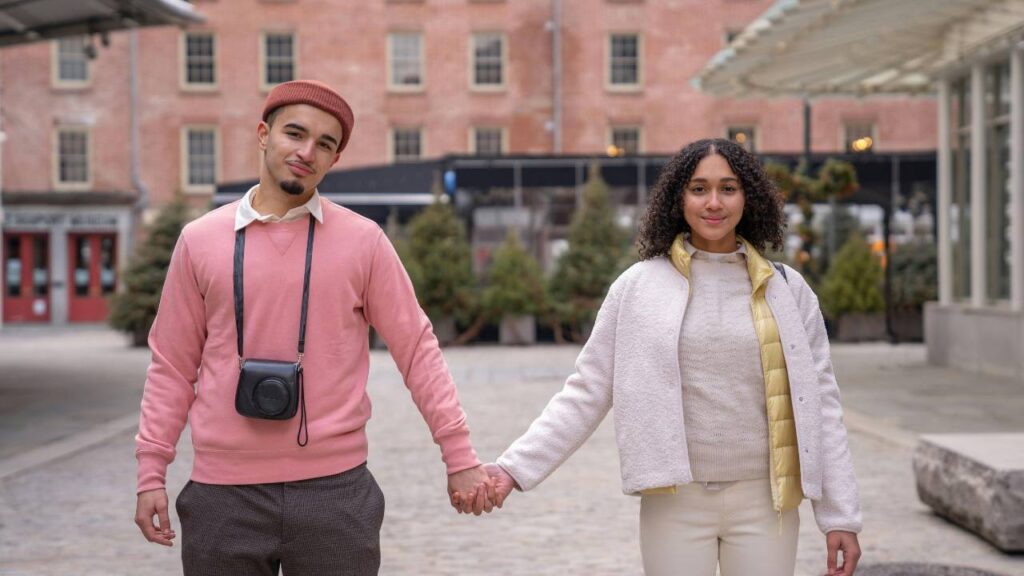
In the vast and ever-changing world of relationships and romance, the Age Factor in Modern Dating is a question that often pops up does age really make a difference? According to a recent survey by the dating app QuackQuack, it seems like age plays a significant role for many people looking for love. The survey found that 7 out of 10 participants consider age when choosing a partner. Despite the belief that love knows no boundaries, age continues to be an important factor in the dating scene for a lot of folks. While some may argue that age shouldn’t matter, the reality is that it often does, shaping the way people approach relationships and connections.
Table of Contents
How the Age Factor in Modern Dating Continues to Shape Relationships

Ravi Mittal, the CEO of QuackQuack, provided valuable insights into the survey findings, shedding light on the evolving perceptions of the Age Factor in Modern Dating. He emphasized that while some couples successfully navigate age disparities, many individuals still face hesitations or reservations when considering potential matches based on age differences. Mittal highlighted the changing stereotypes and societal attitudes surrounding age but acknowledged that there’s still considerable progress needed to foster broader acceptance and understanding in this area of dating and relationships. Through his remarks, Mittal emphasized the importance of continuing conversations and efforts to promote inclusivity and acceptance in the realm of modern dating.
Older People Open To Dating, But Age-Factor Plays A Hindrance

The survey provided valuable insights into the dating experiences of older adults, shedding light on the unique challenges they face in today’s dating landscape, particularly related to the Age Factor in Modern Dating. Despite witnessing a growing number of seniors entering the dating scene, About 36% of respondents aged 40 to 50 reported encountering difficulties in finding compatible matches, citing age as a major obstacle. This demographic, particularly women, expressed heightened concerns about navigating the dating world, indicating a need for greater understanding and support for older individuals seeking companionship.
Tier 1 City Residents Less Rigid About Age Difference

Exploring the differences in dating preferences across regions revealed some interesting findings related to the Age Factor in Modern Dating. In big cities like Tier 1, where people embrace modern lifestyles and open-mindedness, there’s a noticeable acceptance of age gaps in relationships. Around 45% of men prefer partners who are either younger or around the same age, while 55% of women are inclined towards older partners. These results show that in urban areas, attitudes towards age differences are shaped by the city’s vibe and cultural influences.
How Dating Norms Are Evolving Across Age Groups

Across the spectrum of age brackets, distinct patterns and preferences in the realm of dating emerged, shedding light on the Age Factor in Modern Dating. Younger participants, aged between 20 and 26, showcased a discernible penchant for a more casual and exploratory approach to dating. For these individuals, the focus often lies on savoring and experiencing love and relationships without necessarily rushing into commitments or predefined outcomes. In stark contrast, individuals aged 30 to 40 exhibited a palpable readiness to settle down, actively seeking and pursuing long-term partners with a sense of purpose and commitment.
Age-Related Stereotypes That Women Face

In Tier 2 and 3 cities across India, women over 40 encounter distinct challenges when it comes to dating, illuminating the Age Factor in Modern Dating. These challenges often stem from societal judgments and stereotypes surrounding age and relationships. Many women in this demographic feel unfairly labeled or stigmatized because of their age and dating choices.
They express concerns about being perceived as indecisive or commitment-phobic simply because they prefer to explore their options and take their time in the dating process. Additionally, they feel constrained by societal expectations that dating should inevitably lead to marriage, limiting their freedom to pursue relationships on their own terms. Despite these obstacles, these women are resilient and determined to navigate the complexities of modern dating, seeking meaningful connections and companionship on their own terms.
Age Factor Plays A Key Role

Digging deeper into the survey findings, it’s evident that the Age Factor in Modern Dating plays a significant role in shaping dating preferences and experiences across different age groups and regions. The data not only highlights the challenges faced by older individuals but also sheds light on evolving attitudes towards age disparities in relationships. As society continues to evolve, so too do our perceptions of age and its impact on dating dynamics. By exploring these nuances, we gain a deeper understanding of the complexities inherent in modern relationships and the diverse factors that influence them.
The Survey Demographics
The survey was a massive undertaking, involving more than 13,000 participants from various age groups and city tiers. It provided a detailed and comprehensive look at the current state of dating trends and dynamics, including the Age Factor in Modern Dating. Participants came from diverse backgrounds, including professionals, business owners, and students, ensuring a broad range of perspectives. The survey covered major cities like Delhi, Kolkata, Bangalore, and Hyderabad, as well as smaller cities such as Nagpur, Jaipur, Bhopal, and Indore. This extensive data collection allowed for a thorough examination of the evolving landscape of modern romance and relationships, taking into account the influence of age on dating preferences and experiences.
In wrapping up, it’s clear that the Age Factor in Modern Dating continues to shape the dating landscape in significant ways. While we may hope for love to transcend all boundaries, the reality is that age considerations remain a key factor for many people when seeking companionship. As societal norms evolve and attitudes change, it’s important to recognize and navigate the complexities surrounding age in relationships with empathy and understanding. By fostering greater inclusivity and acceptance, we can create a more compassionate and supportive environment for all individuals in their romantic pursuits.
